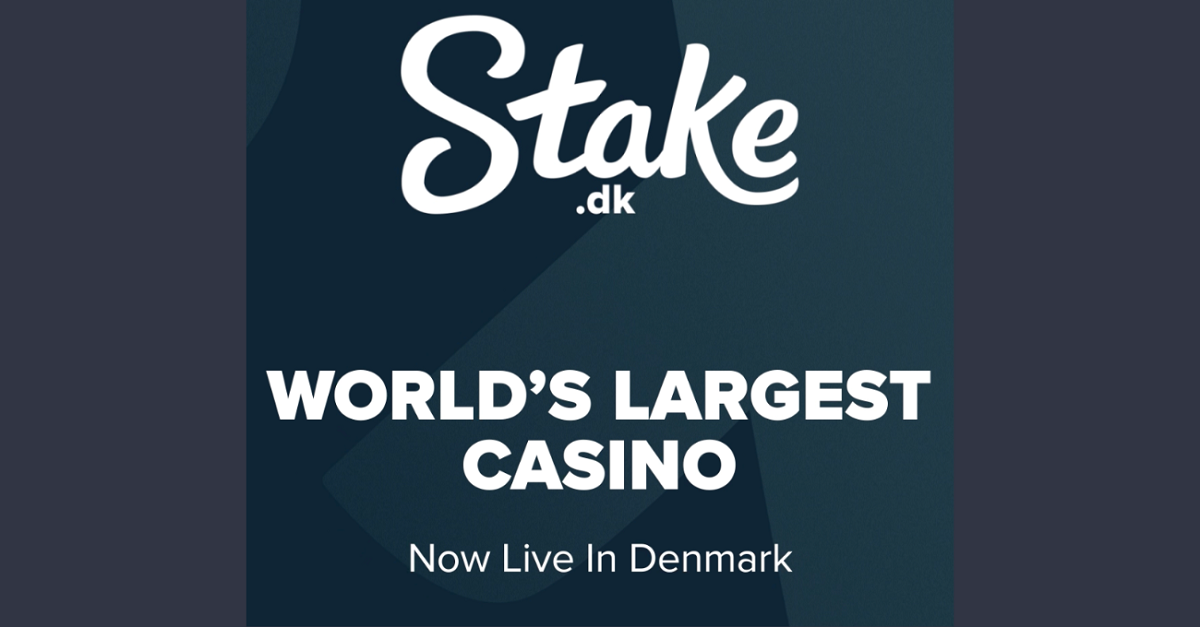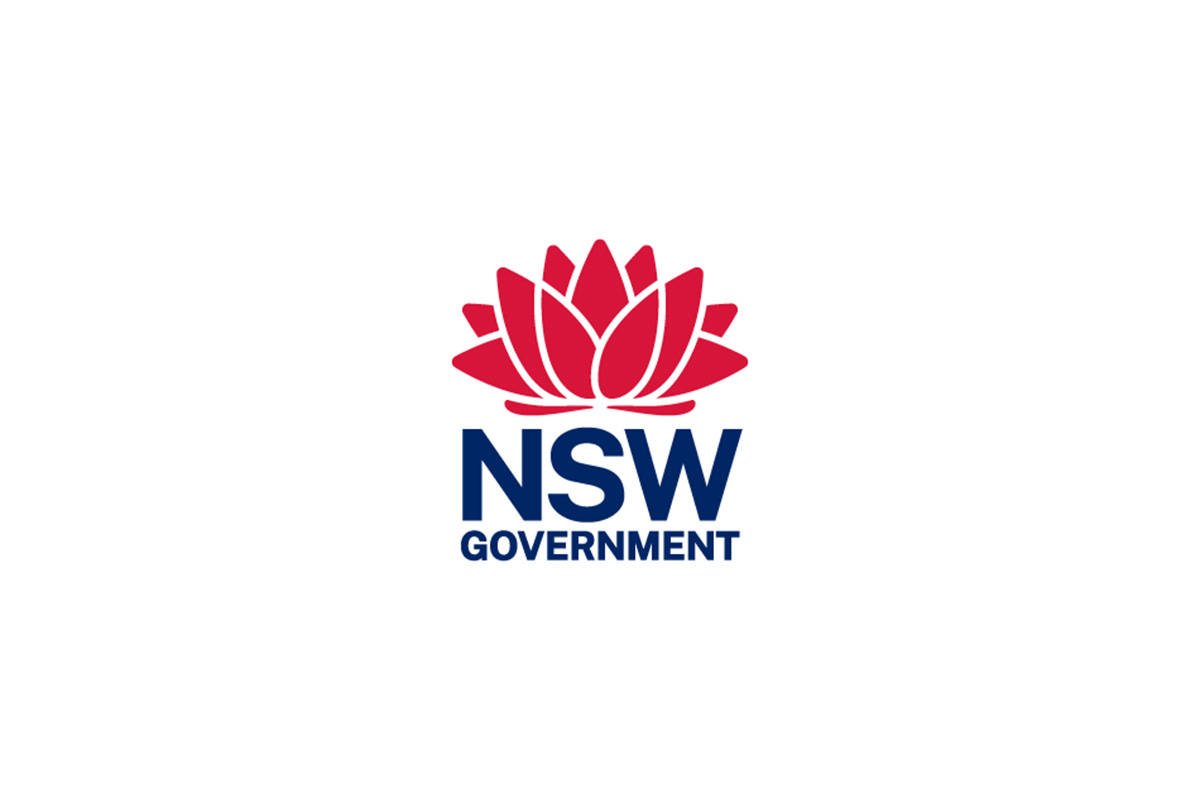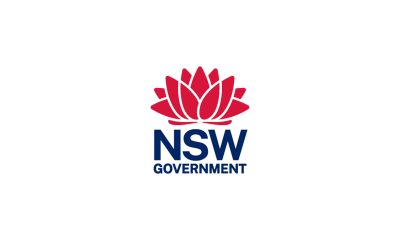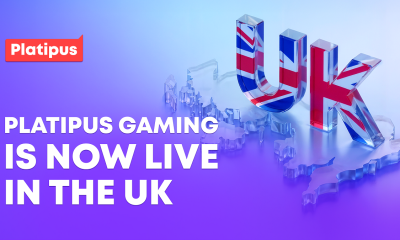Compliance Updates
Public Health Advocacy Institute (PHAI) and Congressional Leaders Unveil the SAFE Bet Act to Address Sports Betting Risks

Public Health Advocacy Institute (PHAI) at the Northeastern University School of Law has supported Congressman Paul D. Tonko (NY-20) and Senator Richard Blumenthal (D-CT) last week in introducing the SAFE Bet Act, which addresses the risks associated with legalized gambling.
The SAFE Bet Act is the first federal legislative initiative to address the vast public health implications of mobile sports betting since sports betting was legalized in 2018. When the SAFE Bet Act is enacted, federal standards will be set to create a safer and less addictive betting environment. While still allowing the freedom for those who wish to participate, these standards will include addressing advertising, affordability, and artificial intelligence issues.
PHAI’s President and Northeastern University Distinguished Professor of Law, Richard Daynard, said: “PHAI’s mission is to serve the greater good by seeking big ideas to advance public health and justice. That is why we’re fully dedicated to playing a leading role in work to bring about a comprehensive public health response to the looming crisis presented by the out-of-control gambling industry.”
“The gambling industry is following a playbook developed by the tobacco industry and this is a direct threat to public health. At PHAI, we will work tirelessly to address this threat and protect public health. Supporting the SAFE Bet Act is part of this effort,” Daynard added.
PHAI Executive Director Mark Gottlieb said: “It is my desire to play an important role in national and international efforts to develop and implement a public health approach to regulating the gambling industry and online gambling. At PHAI, we utilize a wide range of resources—including litigation and advocacy—to protect public health. It has become apparent that the gambling industry and its partners act with conscious and reckless disregard for public safety. Collaborating with Congressman Tonko and Senator Blumenthal to create the SAFE Bet Act is one part of how PHAI will bring a public health response to the gambling industry.”
“As the Director of Gambling Policy with the Public Health Advocacy Institute it is my role to develop comprehensive public health strategies and advocacy efforts to address the looming crisis being caused by the unprecedented expansion of the gambling industry and online gambling. The ‘responsible gaming’ model of industry self-regulation is unethical and an abject failure. At PHAI, we will help lead a growing movement to expose the failures of the gambling industry’s responsible gaming model. In doing so, we will develop and help implement a series of comprehensive public health reforms designed to regulate the gambling industry, prevent harm, and protect individuals and families. It is a privilege to support Congressman Tonko and Senator Blumenthal as we work to advance the SAFE Bet Act,” said Dr. Harry Levant, PHAI Director of Gambling Policy.
“Since their inception, sports and sporting events have been a chance for family, friends, and strangers to gather together in celebration of beloved teams and athletes in a great American pastime. But now, every single moment of every sporting event across the globe has become a betting opportunity. That resulted in a frightening rise in gambling disorder, which has in turn enacted a horrific toll on individuals, many of whom have lost their home, job, marriage, and their lives. We have a duty to protect people and their families from suffering the tremendous harm related to gambling addiction. Our SAFE Bet Act gets the job done and gives sports back to the American people,” Congressman Tonko said.
At the press conference, Senator Blumenthal said: “Right now, states have legalized gambling, but they failed to protect citizens against those excesses, abuses, and exploitations. State regulation is faint-hearted and half-baked. That’s why we need a national standard–not to ban gambling–but simply to take back control over an industry that is out of bounds.”
Brais Pena Chief Strategy Officer at Easygo
Stake Goes Live in Denmark Following Five-Year Licence Approval

Stake, the largest online casino and sportsbook globally, today proclaims its official entry into Denmark after obtaining a five-year online casino and sports betting license. The shift reinforces Stake’s enduring dedication to enhancing its global growth strategy.
Denmark is often seen as a regulatory success within the European online gambling scene, and Stake has now introduced its flagship, internationally recognized product to the Danish market. Players will unlock access to Stake’s top-tier casino and sportsbook, showcasing exceptional games, cutting-edge technology, and an exceptional user experience, all provided with a strong local emphasis.
Starting 1 March 2026, Stake Denmark will set up its new headquarters at Parken Stadium, the national football stadium of Denmark and the home ground for FC Copenhagen.
Peter Eugen Clausen, Managing Director at Stake Denmark, said: “Denmark has one of the most well-regulated and competitive gaming markets in Europe, and that’s exactly what makes it so exciting. With Stake’s arrival, Danish players can expect a fresh, world-class experience backed by global scale and strong local focus. We’re raising the bar in terms of product, transparency, and entertainment, and I believe increased competition from brands like Stake will only drive the market forward in a positive way.”
Brais Pena, Chief Strategy Officer at Easygo, the technology company behind Stake, said: “Denmark marks our entry into the Nordics and represents a clear win in one of Europe’s most mature and high-value markets. With each new market, our momentum continues to build as we deliver on our global expansion strategy.”
Since its inception in 2017, Stake has positioned itself as the top betting and gaming brand globally by continually presenting advanced technology and novel gaming experiences for players around the globe. Upon entering Denmark, Stake maintains its dedication to player safety and responsible gaming, guaranteeing that gambling stays enjoyable, secure, and entertaining by providing extensive tools and resources that assist customers in comprehending and monitoring their gambling behavior.
The post Stake Goes Live in Denmark Following Five-Year Licence Approval appeared first on Eastern European Gaming | Global iGaming & Tech Intelligence Hub.
Big Daddy Gaming
Big Daddy Gaming® Expands European Footprint After MGA Licence Approval

New achievement bolsters regulatory framework as studio speeds up European expansion.
Innovative slots studio Big Daddy Gaming® has obtained a B2B supplier license from the Malta Gaming Authority (MGA), representing a significant advancement in the studio’s plan to establish a solid, regulation-focused presence in Europe’s leading markets.
This accreditation allows Big Daddy Gaming to provide its expanding range of slot titles to MGA-licensed operators, greatly increasing the studio’s potential market and aiding its continuous commercial rollout in regulated territories.
The endorsement comes after Big Daddy Gaming’s recent attainment of regulatory approval from the Swedish Gambling Authority. This occurs during a time of significant early progress for the newly established studio, with multiple partnerships already in place with well-known operators and aggregators, highlighting the provider’s dedication to fostering long-lasting relationships with top-tier brands.
As a vital element of Big Daddy Gaming’s strategy for market entry, the studio has made certain that its technology, games, and operational procedures comply with one of Europe’s most stringent regulators.
The license further aids the ongoing launch of Big Daddy Gaming’s initial games, which are centered on the studio’s fundamental creative principle of Reel Fun. Real Value., merging recognizable, player-friendly features with a comedic angle, aimed at achieving high engagement and evident commercial success for operators.
The MGA approval signifies a crucial point in Big Daddy Gaming’s early business path, solidifying its role as a new studio dedicated to regulation, dependability, and sustainable growth while it broadens its presence in Europe’s regulated markets.
Erland Hellström, CEO at Big Daddy Gaming®, said: “Securing our MGA licence is an important step for us as we continue to build Big Daddy Gaming® with regulation at the forefront. From day one, our focus has been on creating a studio that operators can trust, both creatively and operationally.
“Malta is one of the most respected regulatory environments in the industry, and achieving this approval reflects the work our team has put into building compliant, market-ready slots. Combined with our recent progress in Sweden, it gives us a strong platform to continue scaling our content with confidence.”
The post Big Daddy Gaming® Expands European Footprint After MGA Licence Approval appeared first on Eastern European Gaming | Global iGaming & Tech Intelligence Hub.
Australia
NSW: Hospitality and Racing Strategy 2026-28 and Regulatory Priorities 2026

Liquor & Gaming NSW has published the Hospitality and Racing Strategy 2026-28, setting a clear path for reducing harm, supporting responsible industry growth and meeting evolving community expectations. The Strategy outlines Hospitality and Racing’s vision, regulatory posture and strategic objectives.
It outlines three strategic objectives which will guide the work to support communities, individuals and the industry. The first is targeted harm reduction, using better data, education and engagement to focus on the areas where we can make the biggest difference.
The second is outcome‑focused, responsive regulation, by making use of streamlined, place‑based and community‑informed approaches that deliver meaningful, real-world outcomes.
Third is promoting modern tools, skilled teams and smart decisions, investing in its capability, improving how it uses data and supporting consistent decision making across hospitality and racing.
Regulatory Priorities 2026
Alongside the new strategy, Liquor & Gaming NSW has also issued its Regulatory Priorities 2026. This sets out where the department will be focusing its regulatory attention over course of the year. It provides transparency on Liquor & Gaming’s forward regulatory agenda and gives the industry the opportunity to proactively engage about the issues they are concerned about.
The post NSW: Hospitality and Racing Strategy 2026-28 and Regulatory Priorities 2026 appeared first on Eastern European Gaming | Global iGaming & Tech Intelligence Hub.
-

 Amusnet5 days ago
Amusnet5 days agoWeek 7/2026 slot games releases
-

 Aphrodite’s Kiss5 days ago
Aphrodite’s Kiss5 days agoLove on the Reels: Slotland Introduces “Aphrodite’s Kiss”
-

 Denmark6 days ago
Denmark6 days agoRoyalCasino Partners with ScatterKings for Company’s Danish Launch
-

 Baltics6 days ago
Baltics6 days agoEstonia to Reinstate 5.5% Online Gambling Tax From March 1
-

 Brino Games5 days ago
Brino Games5 days agoQTech Games integrates more creative content from Brino Games
-

 Booming Games6 days ago
Booming Games6 days agoTreasure Hunt Revival — Booming Games Launches Gold Gold Gold Hold and Win
-

 ELA Games6 days ago
ELA Games6 days agoELA Games Unveils Tea Party of Fortune — A Magical Multiplier Experience
-

 Bet Rite6 days ago
Bet Rite6 days agoSpintec Expands into Canada with Bet Rite































